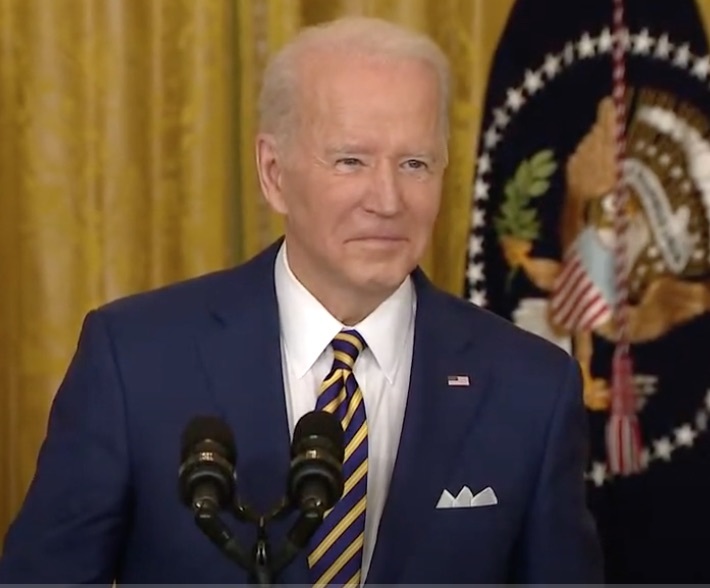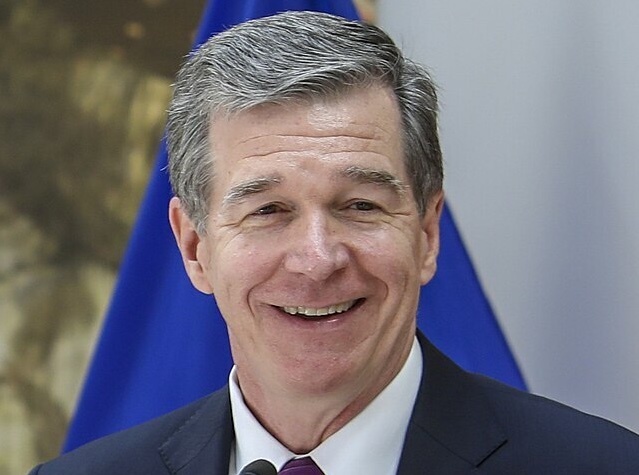Last week, the state legislature overrode six of Governor Roy Cooper’s vetoes, setting a record for the most veto overrides in a single day.
Let’s take a look at a few education policy wins that Locke has spent years researching and educating lawmakers on:
Senate Bill 49, commonly called the “Parents Bill of Rights,” empowers parents by placing them at the forefront of their children’s education. The bill immediately establishes parental rights on behalf of their children, providing accountability and transparency to families of children attending public schools. Additionally, S.B. 49 restricts the inclusion of topics such as gender identity, sexuality, and sexual activity in the curriculum for grades K-4.
The legislation also mandates schools implement processes that promptly address parental feedback and concerns.
In a sit-down interview with ABC 11, Locke’s Vice President of Communications, Brooke Medina, who is also a mother of four, reacted to the passing of the “Parents Bill of Rights” by saying:
“When something is clearly spelled out like it is in the Parents Bill of Rights, that gives me comfort that I am going to be invited to the table to discuss these things…”
Brooke does not stand alone in this position; we have often referred to a key finding from a poll we facilitated earlier this year showing that sixty-two percent of parents support such a bill. This new Parents Bill of Rights ensures that parents have the right to actively engage in the educational journey of their children- a huge win for families across the state.
House Bill 618 is a piece of legislation that transfers the right from the State Board of Education to the newly created Charter School Review Board to authorize charter school applications.
This allows North Carolina families to decide the best possible educational path that fits the needs of their children. Charter schools across the Tar Heel state have accomplished remarkable things and allow students access to a world-class education without being limited by zip code.
House Bill 219, referred to as the “Charter School Omnibus,” makes several changes to charter school regulations. Notably, it lifts growth limitations and permits individual counties to allocate property taxes toward funding for the charter school capital needs. Among the other new policies included in this legislation, the measure will “remove enrollment caps for some public charter schools, a necessary move considering the 77,000 names on charter school waitlists last year.”, said Lindalyn Kakadelis, the Executive Director of the N.C. Coalition for Charter Schools to the Carolina Journal.
Among the bills involving school choice, other legislation was also signed into law, including legislation surrounding transgender issues pertaining to fairness in women’s sports and banning gender surgeries and the use of hormones for minors.
Rather than confining students and families to a one-size-fits-all approach, North Carolina families now have the tools and resources to make the best choices for their children’s success and well-being.
This week, I want to give a huge thank you to the tireless efforts and hard work of parents, educators, policy experts, lobbyists, and most importantly, our legislators on both sides of the aisle that voted to put students first.
Together, we will continue to work and fight to ensure that North Carolina remains the best state in the Union to live, work, and raise a family.


